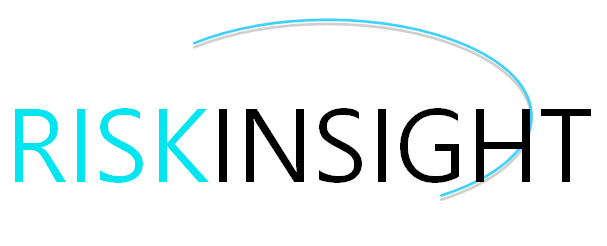Can we get serious about using AI to understand risk?
- By florian.glinserer
- •
- 24 Nov, 2018
- •

A couple of things spring to my mind:
1. Surely we should start to use machine learning to simplify how we ask people to describe their risks. Machine learning can sift through and categorise risks based on people adding text information - i.e. let them simply describe their risks, and get machine learning to work out how to categorise it.
2. Machine learning can be used to detect risks (i.e. uncertainties - positive and negative) within the regular operations of an organisation. It can spot things that may be worth adding to a risk register which may otherwise be missed.
3. Machine learning can spot potential synergies and inter-relationships better than people can (or at least, we struggle to find the time to do this).
We really should be looking at this type of application of technology sooner rather than later. It could generate significant value for organisations.
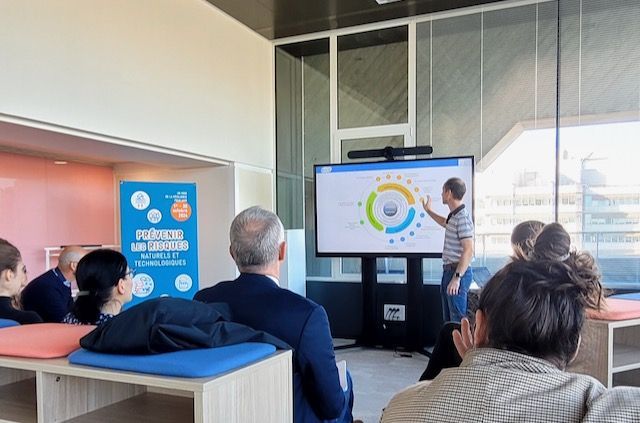
We held very interesting in-person discussions about how my Urban 2.0 framework and system can be used by cities and towns around the world, and also the release of the UNDRR Global Assessment Report, Special Report 2024, which I was delighted to contribute towards.
The municipality of Bordeaux is continuing to pursue some excellent work in urban resilience, which I will be profiling in due course...

Almost half of Small Island Developing States' (SIDS) populations reside in urban areas. Research into urban resilience and urban planning tends to focus on cities in large nations, and only a relatively small amount of specific research on SIDS cities currently exists. However, much of the general urban resilience research is applicable to SIDS, as long as context is considered.
This paper focuses on ways to implement measures that will foster resilient and dynamic cities in SIDS. Ensuring good policy action to build, maintain and continuously improve these cities is key to achieving sustainable development and resilient prosperity as set out in the Outcome Document of the Fourth International Conference for Small Island Developing States (SIDS4).
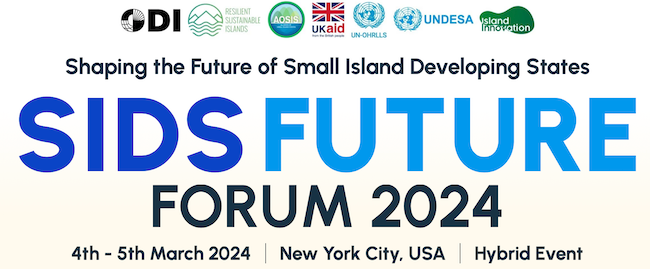
With growing challenges like climate change, debt burdens, and dwindling resources, they desperately need an actionable, doable, and ambitious roadmap for the next decade. 2024 is an important year for SIDS, with the SIDS4 conferencetaking place in May.
You can access details about the Forum on the Island Innovation website, here.
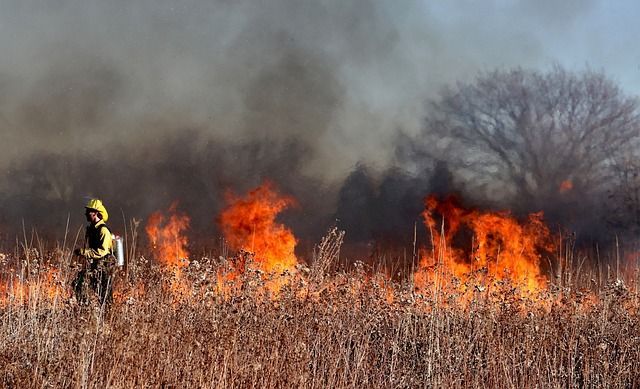
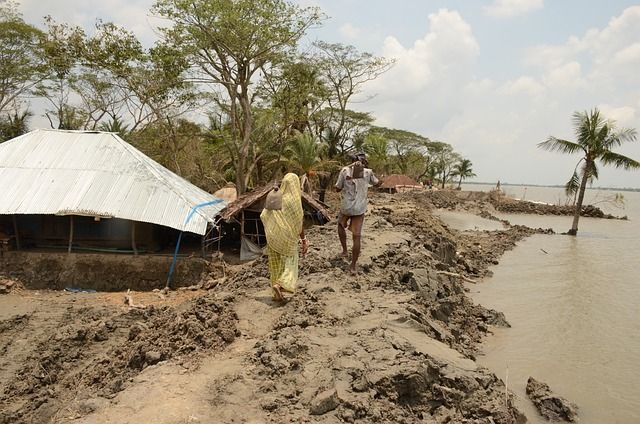
You can read edition #1 here. This first edition is an introduction to our work, containing a summary of some of the work we are undertaking, links to case studies and interviews with people about different aspects of avoiding disasters.

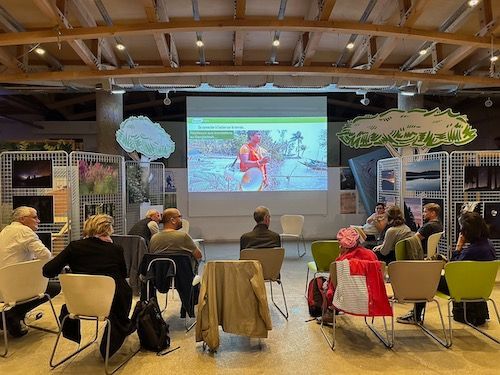
We held a very interesting in-person round table discussion with citizens about how disasters can be avoided.
The municipality of Bordeaux is pursuing some excellent resilience work, which I will be profiling in due course...

We reviewed approaches being taken to prevent hazards from turning into disasters, including examples and how innovation is helping countries, cities and communities prevent adverse fallouts from hazard events.
You can access the webinar and download all presentations here.

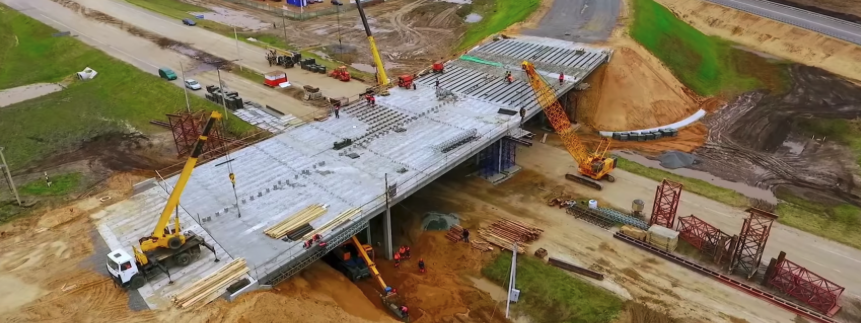
The December 2022 edition, which covers a wide variety of infrastructure-related topics, is available here...
